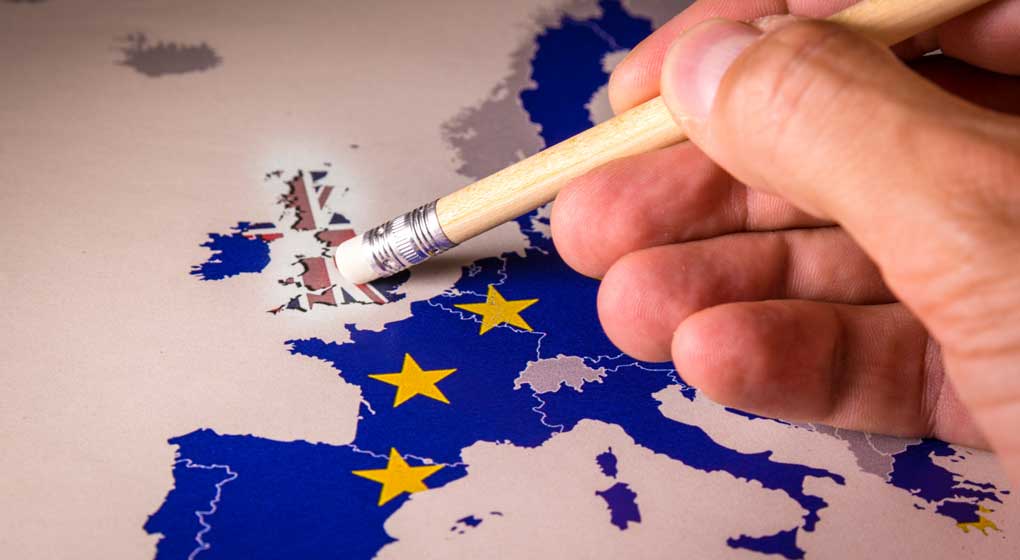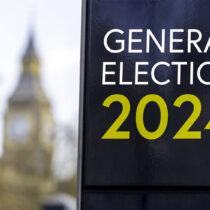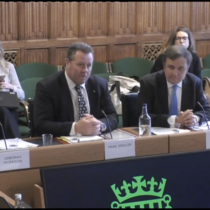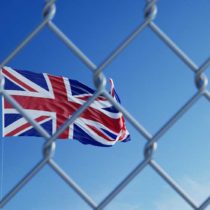Bordering on the ridiculous – Managing the UK’s autonomous beef tariff rate quota
The title isn’t original I know but it aptly describes the rather bizarre arrangements in place, or rather not in place to manage the UK’s ‘no-deal’ beef TRQ.
Let’s just summarise how we have got here. As part of the process of leaving the UK, HMG notified WTO of its ‘bound’ tariffs. This was actually done back in 2018. These, in effect, are the maximum rates of duty that the UK would levy and, because any variance above the rates that are currently levied by the EU would have required renegotiation and almost certainly not been deemed acceptable, these rates are the same as the EU ‘Most Favoured Nation’ (MFN) rates. This does not mean that the UK has to apply the MFN rates. It can’t go above them but it can choose to apply a lower rate. This is what the UK has done.
With the UK’s imminent departure from the EU without a deal on 29 March, a set of schedules was issued which were described as “temporary rates of customs duty on imports after EU Exit.” In many cases these temporary rates are zero and in almost all cases there are no quantitative restrictions in the form of a quota. Beef, poultry, fish, rice and sugar are notable exceptions.
Although these arrangements were made prior to the putative 29 March departure date, they still apply and the relevant HMG sites now make reference to a 31 October departure date with all other details unchanged for now. There may still be adjustments though the principles are unlikely to change.
In the case of beef there is a combined autonomous tariff rate quota of 230,000 tonnes and an out of quota tariff below the bound rate. This is an ‘erga omnes’ quota so it is open to any 3rd country (EU and non-EU) provided they are approved to ship to the UK and from approved plants. The starting position for UK is that countries and plants currently approved to supply the EU will be approved for UK.
HMRC will administer this quota on a first come first served basis. A live system based on declarations and claims allows HMRC to monitor and maintain details of the balance remaining on the TRQ. And therein lies a problem. Trade between the Republic of Ireland and Northern Ireland is neither counted towards the quota nor will tariffs apply. The government has announced that it will not introduce any new checks or controls on goods at the land border between Ireland and Northern Ireland, including no customs requirements for nearly all goods. How then can the quota be managed?
The approach is even more confusing when you learn that if you move goods from Ireland to Great Britain and the goods go through Northern Ireland, you do not have to pay Customs Duty if the goods move for commercial reasons. However if you move goods through Ireland and Northern Ireland with the main purpose of avoiding Customs Duty, you will have to pay the UK’s tariff, whether the goods are from Ireland or outside Ireland. But, and this is the conundrum, there are no customs checks on movements between NI and UK.
So, it’s clear, you cannot legally move goods to GB through NI with the specific purpose of avoiding duty, but the unanswered question is, if goods move freely between NI and GB, how can the movement of goods from Ireland passing through or further processed in NI and then going on to GB be checked off against the quota without introducing a ‘border’ between NI and GB? As things stand, they can’t.







